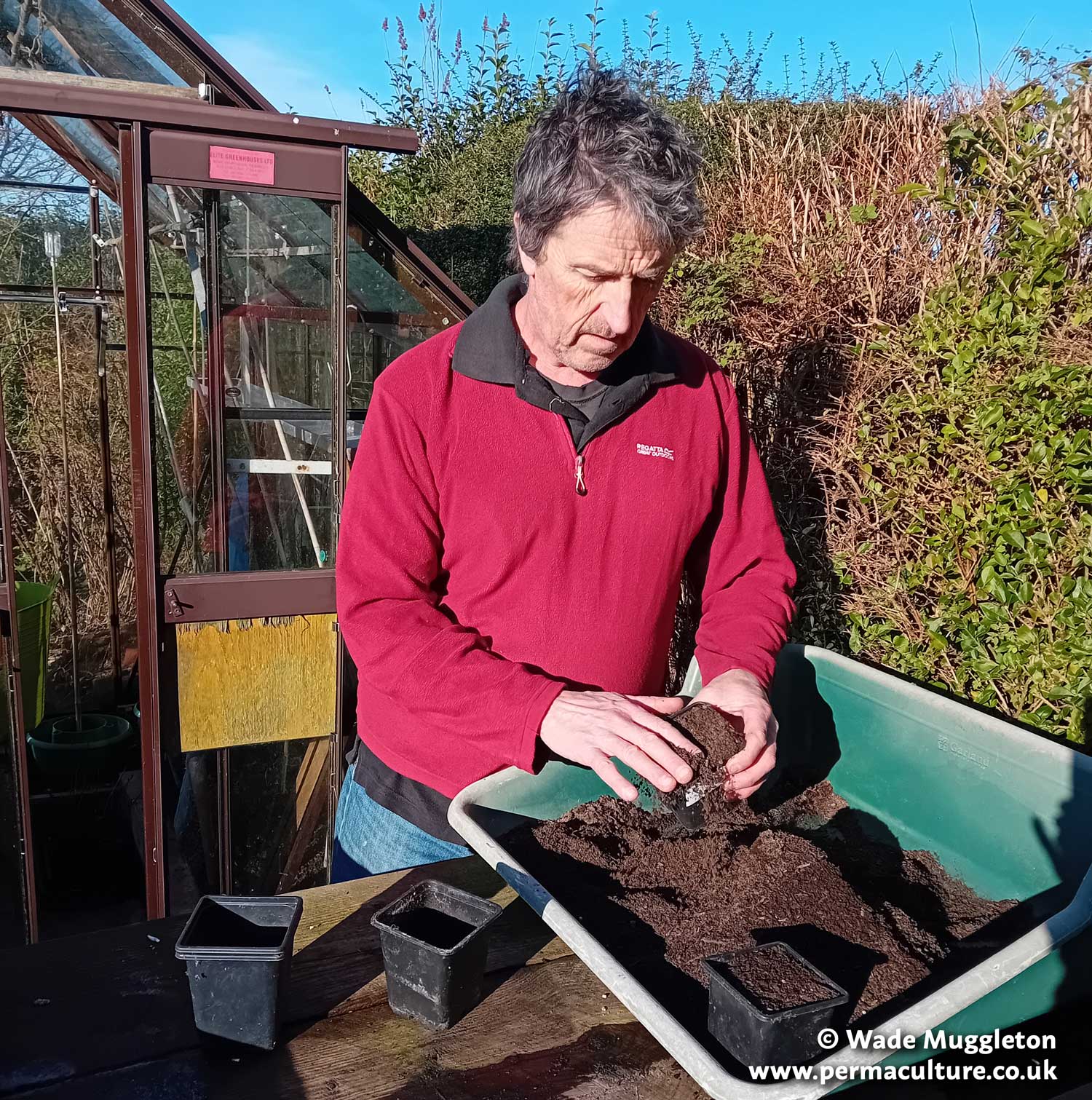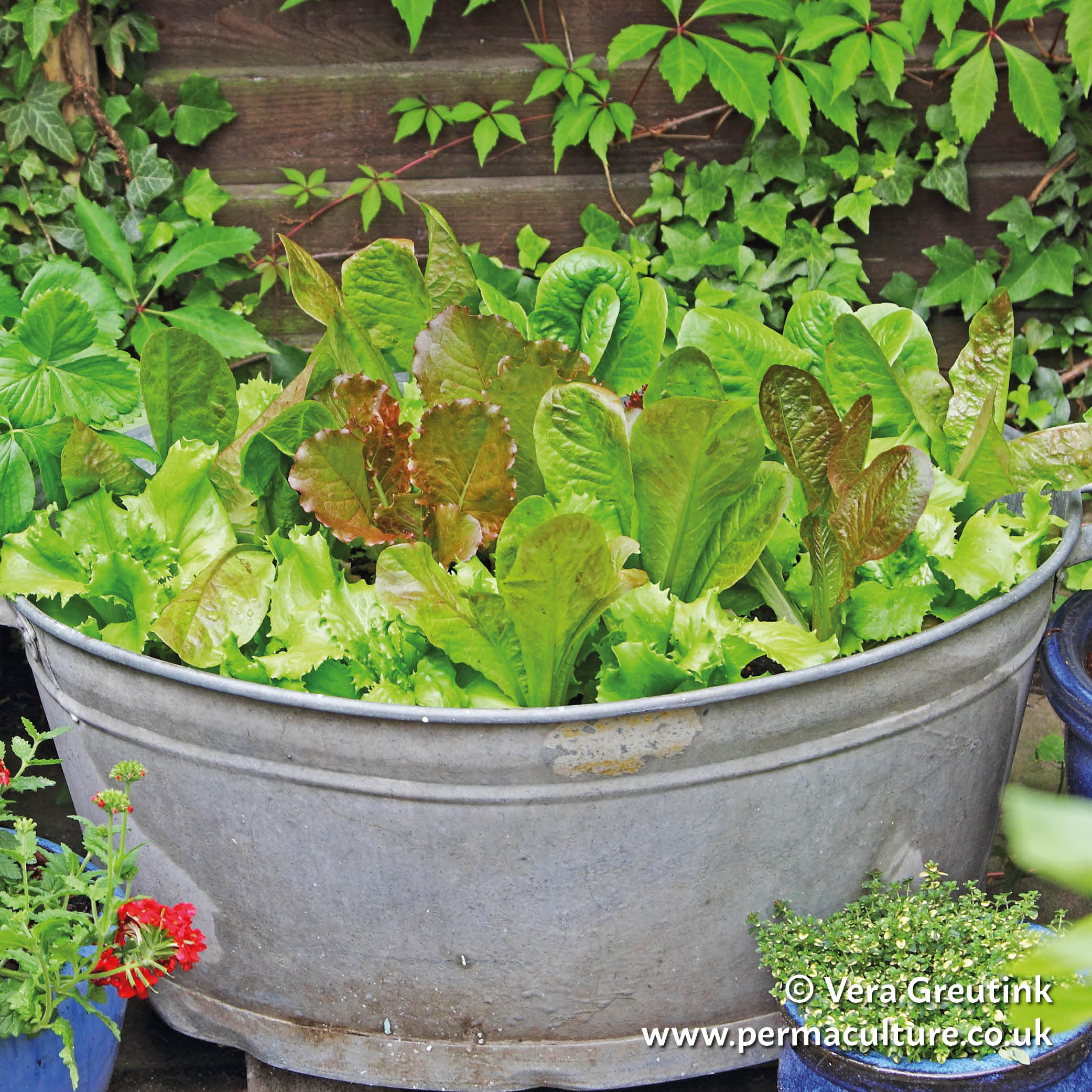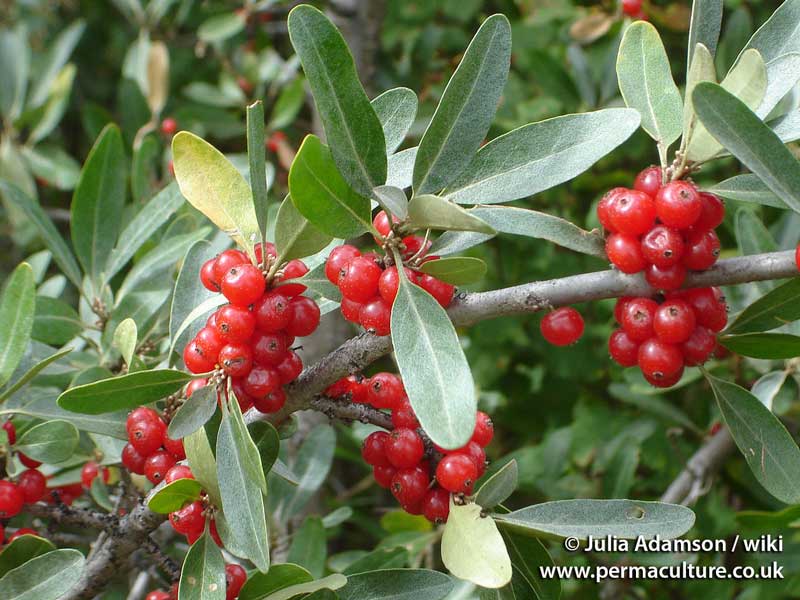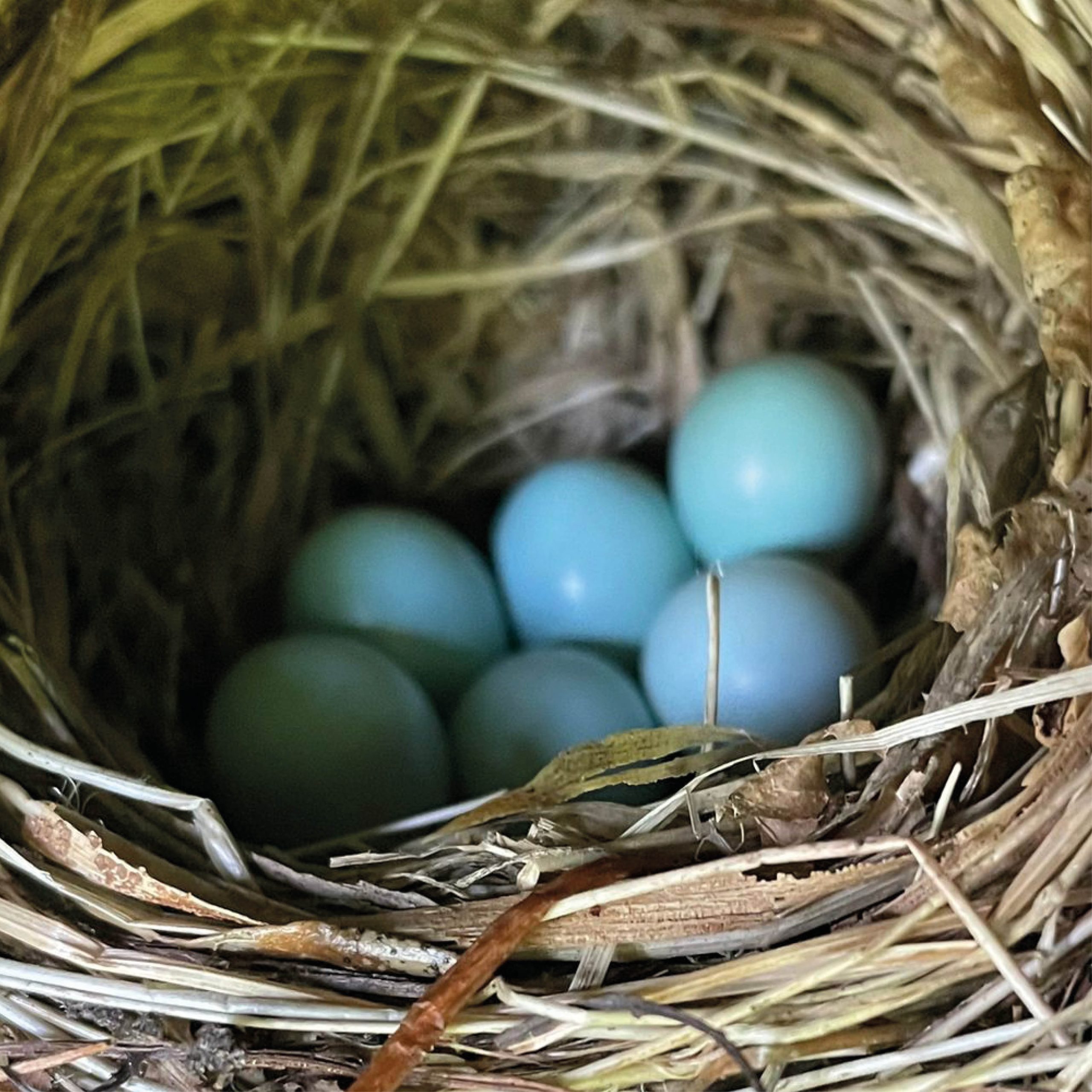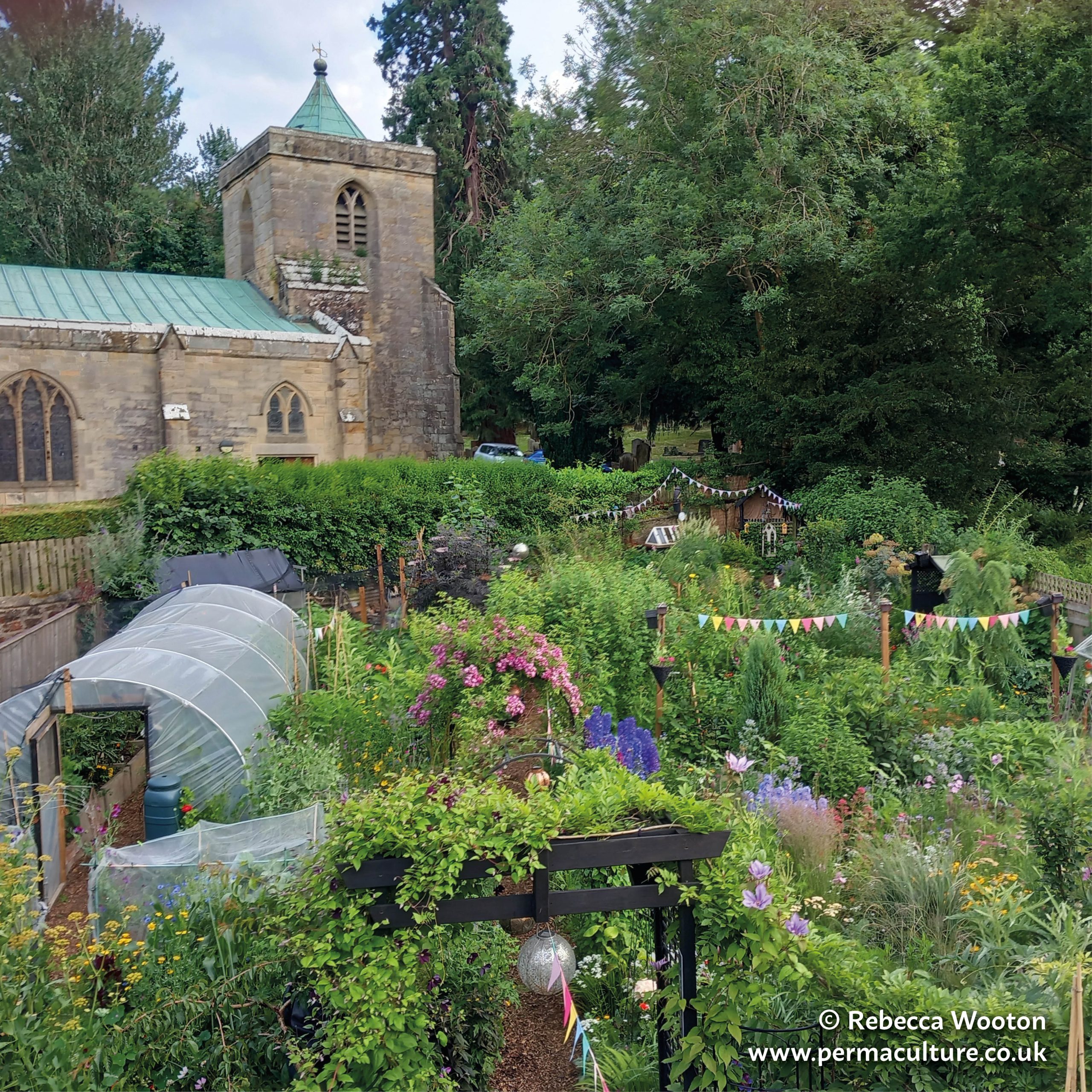In 2010 Martin Crawford wrote Creating a Forest Garden distilling all aspects of plant cropping and uses, with a focus on tree, shrub and perennial crops and promoting the radical notion that nature can do most of the work and that fertility can be managed within the garden system. Since this time his many gardening publications, including his next book, How to Grow Perennial Vegetables, all follow a practice and ethic of sustainable ecology, from the perspective of an arboriculturalist, maintaining trees as important parts of ecological systems. His work is full of a sense of awe and respect for nature, resilience, and resourcefulness.
Now our bookshelves have been graced with another essential tool in the management of agroforestry systems, food forests, permaculture systems, and forest gardens. Trees for Gardens, Orchards and Permaculture (2015) is the distillation of decades of experimentation and research with a broad range of trees and climatic zones and microclimates. It is a well-designed book that accurately outlines the cultivation and management of a variety of agroforestry species with beautiful photography. This new compendium is 229 pages of fascinating and in-depth information to inspire both lay and expert forest gardeners.
Standing in our university garden after reading this book I am overwhelmed with the possibilities. Where once stood a few plums and varieties of apples may well soon be a myriad of trees. My own research and farm connections both in the humid tropics and in the tundra of the North Atlantic could well benefit from further volumes of this work to cover forest gardens and permaculture systems outside the temperate zones.
In 1992 Martin Crawford founded the Agroforestry Research Trust (ART), a non-profit- research charity on temperate agroforestry. He now teaches courses on Forest Gardening and Growing Nut Crops, edits the quarterly journal Agroforestry News researches plant interactions and unusual crops in his 2-acre forest garden and 8-acre trial site, and runs a commercial tree nursery specialising in unusual trees and shrubs. However he finds time to write, let us hope that he finds more so that he can share more of his expertise.
Cory W. Whitney works at the Faculty of Life Sciences at the Rhine-Waal University of Applied Sciences, Germany.
